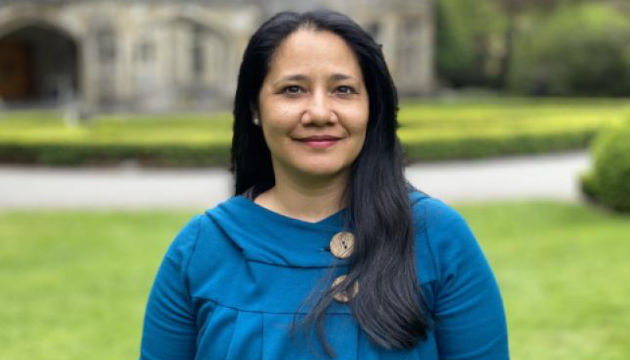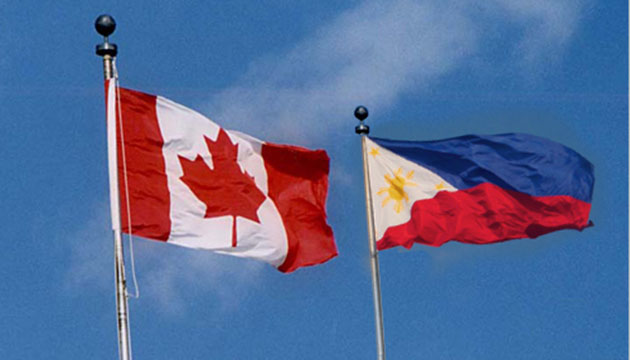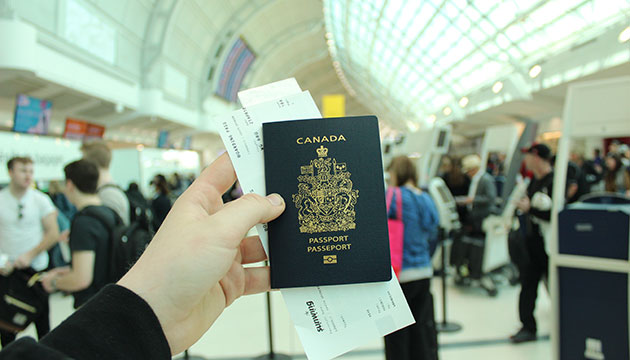Until recently, Canada and the Philippines enjoyed warm and cordial bilateral relations.
Then it began to sour about two years ago. In November 2017, while attending an international summit in Manila, Canadian Prime Minister Justin Trudeau raised concerns about the drug war being waged by Philippine President Rodrigo Duterte.
Duterte responded by saying that he felt insulted by Trudeau’s action.
Last year, Duterte ordered the military to cancel a $233 million contract to purchase 16 helicopters from Canada. This came after the Canadian government expressed apprehension that the choppers would be used in anti-insurgency operations.
No one probably anticipated that Duterte will ever threaten to go to war against Canada, home to a sizable Filipino population.
But this was exactly what the Filipino leader did on April 23 this year over an issue that has been festering over the last six or so years.
It’s about garbage from Canada that was shipped to the Philippines by a private Ontario company and mistakenly labeled as plastics for recycling.
“Let’s quarrel with Canada,” Duterte said in mixed Tagalog and English. “I will declare war against them. We can face them. I’ll really return that trash. Just wait. Load that up on a ship and I will advise Canada that your garbage is on the way. Prepare a grand reception. Eat it if you want to.”
As Canadian Filipino Net prepared its May 16-31, 2019 edition, the Philippine government was standing firm on a May 15 deadline for Canada to take back the trash.
On social media, Philippine Foreign Affairs Secretary Teodoro Locsin declared that Manila expects the garbage to be seaborne on that day.
“That expectation will be met or else…,” Locsin said.
On April 24, the Canadian government wrote the Philippine Department of Environment and Natural Resources to confirm its commitment to cover the costs of shipping back the garbage.
The issue was discussed during the debates at Canada's House of Commons on May 7.
“It is embarrassing,” said Brian Masse, NDP MP for Windsor West in Ontario.
A Philippine court ruled in 2016 that the garbage should be returned to Canada.
EcoWaste Coalition, a Metro Manila-based environmental group, announced on May 8 that it has written Trudeau to expedite the processing of the necessary documents to hasten the repatriation of the garbage.
“While our government is ‘ready with the necessary documentary requirements to facilitate the re-export’ as confirmed by our Bureau of Customs (BOC), there is concern that the Canadian side might not meet the May 15 goal for the re-shipment of wastes to the Port of Vancouver,” wrote Aileen Lucero, National Coordinator, EcoWaste Coalition.
In a report to Department of Finance (DOF) Secretary Carlos Dominguez III, Customs Commissioner Rey Leonardo Guerrero said “despite the Philippine government’s readiness to re-export the wastes, the Canadian government informed that it might take weeks for them to arrange the necessary documents from their end and that they might not meet the May 15 deadline”.
Based on the information given by customs authorities to the EcoWaste Coalition, Canada-based Chronic Inc. exported 103 container vans in several batches to two Philippine-based companies, Chronic Plastic and Live Green Enterprise, from 2013 to 2014.
According to the Philippine government’s inventory, 34 of the 103 containers have been locally disposed of, and only 69 containers are to be shipped back to Canada.
Of the 69 containers remaining, two are at the Manila International Container Terminal (MICT) and 67 are at the Subic Bay International Terminal Corporation (SBITC), according to information provided to EcoWaste Coalition.
Wastes from 26 containers were emptied at a private landfill in Capas town in the province of Tarlac in 2015, angering local officials and their constituents. Following uproar from the public, eight containers were returned to customs authorities.
The EcoWaste Coalition has sought clarification as to how the eight containers were disposed of.













